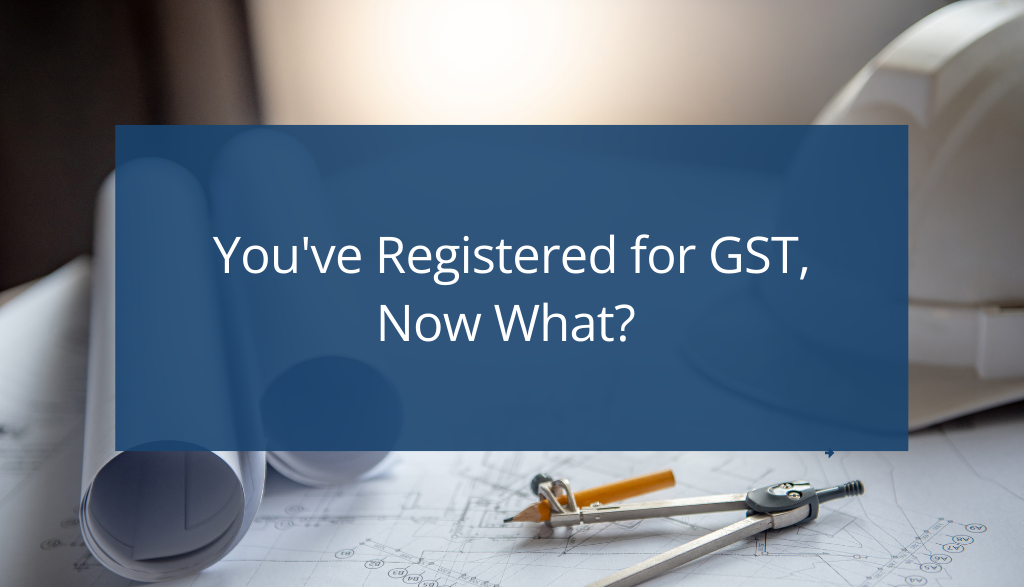Congratulations! You’ve hit that $75,000 turnover threshold and just registered for GST. That’s a great sign your business is flying, but you’re probably wondering what to do now.
Don’t sweat it, there will be some changes but getting your GST sorted isn’t as hard as it sounds, and it comes with some serious perks.

So before you start on another job, let’s take a look at what’s changed.
Charging GST and Invoicing
The biggest change is how you’ll track your money. You’re now an official GST collector for the government.
Charging GST
For most of your services, you’ll need to add 10% GST. So if a job is $600, your new invoice total is $660.
That extra sixty bucks isn’t for you. It’s the GST you’ve collected for the ATO.
Tax Invoices
For any sales over $82.50, you need to issue a proper tax invoice. This isn’t your usual invoice. It has to clearly show your ABN, the date, a description of the work, and the total amount with a separate line for the GST amount.
Claiming Back GST on Expenses
This is the good part. While you’re collecting GST on your sales, you can also claim back the GST you pay on your business expenses.
When you buy tools, materials, fuel, or even pay for your work van’s insurance, you’re paying GST on those purchases. You can now get that back as a credit.
Think of it like this: The GST you’ve collected from your customers gets balanced against the GST you’ve paid on your expenses. The difference is what you owe the ATO.
If you’ve paid more GST on expenses than you’ve collected, you might even be in for a refund.
Your New Obligations
The perks come with a couple of new responsibilities.
Prepare Business Activity Statements (BAS)
This is the form you’ll lodge with the ATO, usually every three months, to report the GST you’ve collected and the GST you’ve paid. This is how the ATO works out what you owe or what they need to refund you.
Keep Your Records
You need to keep all your tax invoices and receipts for at least five years. This is non-negotiable. Luckily, accounting software makes this a breeze. No more glovebox full of crumpled Ampol receipts.
Lodge on Time
Make sure you lodge your BAS and pay any GST you owe on time to avoid penalties. The ATO has set deadlines, and it’s best to mark them in your calendar.
The Bottom Line
Getting GST registered is a solid step for your business. It means you’re growing.
Yes, there’s a little more to keep track of, but with the right system in place, it’s completely manageable. Plus, being able to claim back input tax credits on expenses is a massive win for your cash flow.
Just another part of being a successful business owner.
Cheers,
Val
P.S. Does keeping track of GST give you a headache? I’d be happy to help. Get in touch to get started.
